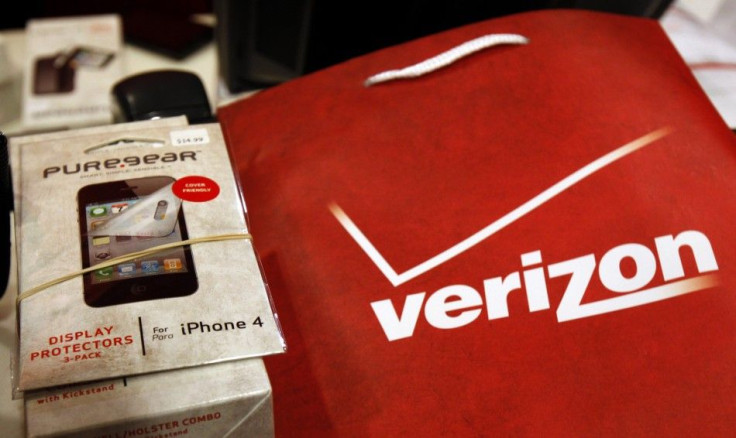Verizon Strike 2011: It Ain’t Over Till It’s Over

Although Verizon workers on the late shift began returning to work Monday night, most of the 45,000 striking employees reported for duty on Tuesday morning, even though the unions and the company remain far apart on some key labor issues.
Yogi Berra would understand.
Essentially, strikers agreed to end the work stoppage only so negotiations between union leaders and management could continue in earnest.
Indeed, there's still no new contract – only that the two parties have reached an “agreement to restructure bargaining.”
“The negotiations are far from over,” said Bill Barry, director of labor studies at The Community College of Baltimore County in Dundalk, Md. “A nagging point for the unions is the failure to resolve some minor picket line infractions so a number of members -- I'm hearing 80 or so -- are still suspended.”
Barry also noted that “there is a clause in the back-to-work agreement that sets Sept. 30 as an end-date to revolve the cases but the language provides that the union cannot arbitrate, leaving Verizon with unilateral authority.”
Moreover, Verizon reportedly is still insisting on the most contentious of its many demands -- that unionized workers agree to dramatically relinquish health care coverage.
However, given that the company’s landline division is rapidiy losing subscribers, the union representing these workers enjoy very little leverage at the negotiating table. (Verizon’s surging wireless business has virtually no unionized employees.)
Verizon said on its Web site that the company and unions -- comprising the Communication Workers of America and the International Brotherhood of Electrical Workers – had “made headway in negotiating a number of local and regional issues, and the parties have agreed on a process for moving forward to negotiate the major issues regarding benefits, cost structure, work flexibility and job security.”
The company also noted that wireline employees who had walked off the job would now be subject to the terms of the prior contract that expired Aug. 6.
“The contracts will be extended with no specific deadline for achieving new collective bargaining agreements so that the parties can take the time required to resolve the critical issues,” Verizon added.
Meanwhile, another donnybrook has erupted over comments made by Marc Reed, Verizon’s executive vice president of human resources.
In a statement issued in conjunction with the end of the strike, Reed praised the work of Verizon management who had filled in for jobs usually done by the strikers. He stated: The [management] team’s competence, dedication and hard work enabled us to withstand the strike without significant disruption to customer service, and to convince the unions to begin bargaining with us in good faith.
The latter reference which seems to question the union’s bargaining in good faith caused outrage among CWA and IBEW officials.
“[The comment] is both inaccurate and insulting,” CWA said in a statement.
“We agreed with management not to claim victory in changing the process, reinstituting the contract or shaping our goals. We will live by that commitment.”
CWA warned that if Reed’s remark wasn't retracted, it would mean that “we will be prepared to fight and fight hard whenever necessary if Verizon believes it can resume negotiations on that basis,”
Similarly, IBEW said: “When we should be lowering the temperature between Verizon and its unions… it is unfortunate that… Reed felt the need to make inflammatory remarks.”
IBEW asserted that the unions had negotiated a fair back-to-work agreement, and agreed to “avoid posturing” in its public statements.
“While we find Mr. Reed’s comments in violation of that spirit, we will not let it deter us from the important business of getting a fair new contract while continuing to work under an extension the terms of the current agreement,” IBEW added.
© Copyright IBTimes 2024. All rights reserved.











